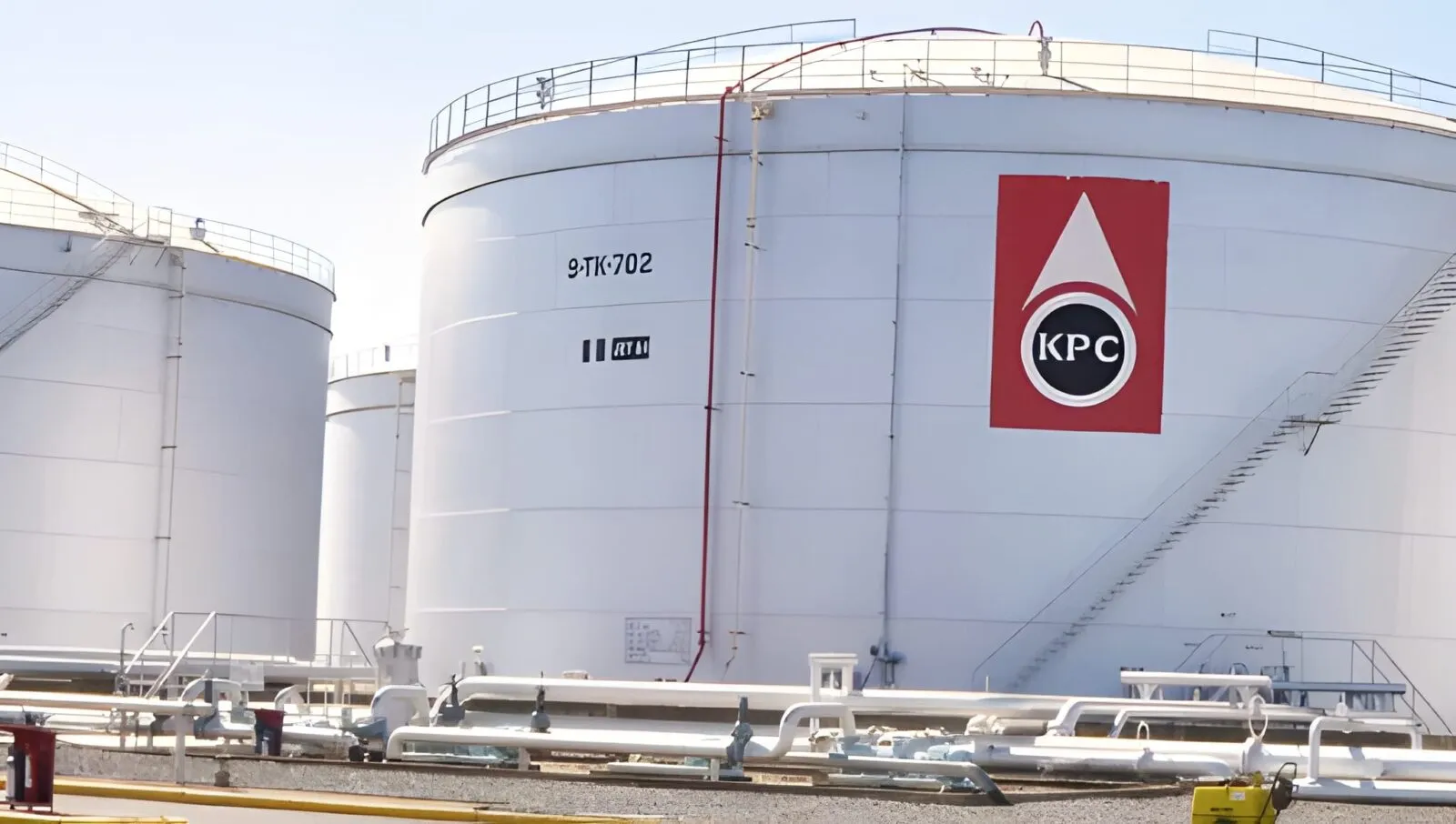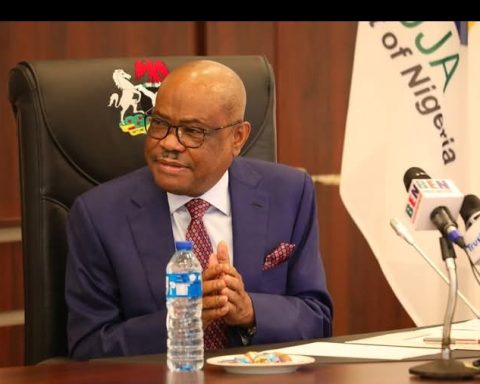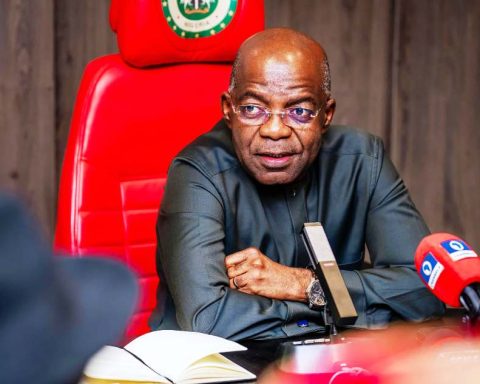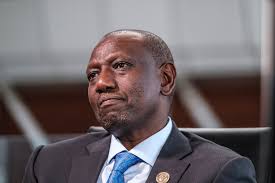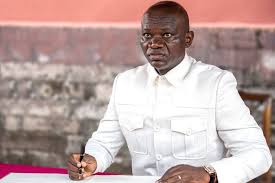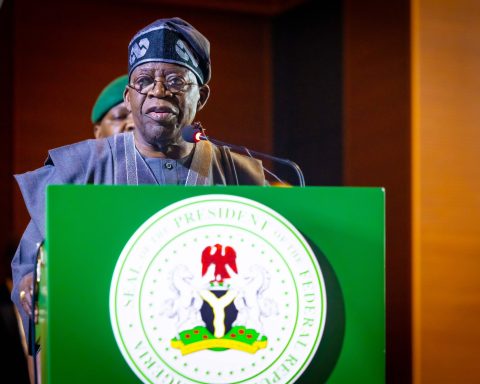The Kenyan government has officially launched plans to privatize the Kenya Pipeline Company (KPC) Limited, marking one of the country’s most significant state divestitures in decades. In a notice published on Thursday, the Privatization Commission announced that KPC, which is fully owned by the government, will be partially sold through an Initial Public Offering (IPO) on the Nairobi Securities Exchange (NSE).
The move follows approvals by the Cabinet and the National Assembly, paving the way for the government to offload a 65 percent stake in the strategic energy firm while retaining 35 percent. The privatization is part of Kenya’s broader fiscal strategy to raise funds, deepen local capital markets, and improve efficiency in state-owned enterprises. It also represents a key pillar in President William Ruto’s economic plan to attract private investment and reduce the public sector’s burden on taxpayers.
The notice, signed by Privatization Commission chairman Faisal Abass, said the transaction was approved under Section 30 of the Privatization Act, 2005, which requires formal notification once a sale is sanctioned. “Following the approval of the privatization method for Kenya Pipeline Company (KPC) Limited by the Cabinet, and its endorsement by the National Assembly on October 1, 2025, the Privatization Commission hereby gives notice of the approved transaction,” the statement read.
Join our WhatsApp ChannelThe proposed sale, Abass added, “presents a strategic opportunity to unlock the company’s full potential while ensuring broad national benefits.” He said the privatization balances “economic empowerment, national interest, and institutional modernization” to benefit both the public and the economy. The Cabinet Secretary for the National Treasury and Economic Planning had earlier tabled the privatization report before Parliament, which endorsed the proposal on October 1. The Commission expects the transaction to be completed by March 31, 2026.
According to the Commission, the primary objective of the privatization is to help the government raise revenue for the 2025/2026 fiscal year, funds that are needed to implement key economic and social programs. The Commission explained that the exercise aims to enable ordinary Kenyans to own a stake in one of the country’s most profitable and strategic enterprises while promoting inclusive growth and strengthening corporate governance through public listing and regulatory oversight.
It also seeks to improve operational efficiency, drive innovation through private-sector participation, and deepen Kenya’s capital markets by adding one of the country’s biggest firms to the stock exchange.
READ ALSO: Kenyans Set For Fresh Protest Monday Against Police Brutality, Bad Governance
Analysts estimate that the IPO could raise as much as KSh 100 billion (US$770 million), though part of the proceeds will first go toward clearing KPC’s debts and liabilities. KPC was incorporated on September 6, 1973, under the Companies Act (Cap 486) and began operations in 1978. Its core mandate is to transport and store petroleum products, including motor spirit, diesel, jet fuel, and kerosene, across Kenya and into the region. The company is a critical player in East Africa’s fuel supply chain, serving markets in Uganda, Rwanda, the Democratic Republic of Congo, Northern Tanzania, Burundi, and South Sudan.
Currently, the government owns the company in full, with 99.9 percent of the shares held by the National Treasury and 0.1 percent by the Ministry of Energy and Petroleum. Once listed, the IPO is expected to allow Kenyans and institutional investors to acquire shares in the company while the government retains a minority stake. The sale of KPC is part of a broader effort by the Ruto administration to reduce Kenya’s heavy public debt and fund development projects without further borrowing.
The government recently announced plans to establish a sovereign wealth fund and an infrastructure investment fund, both of which will be partly financed through strategic asset sales. Speaking at an earlier event in Nairobi, President Ruto said the privatization program would “open up investment opportunities for Kenyans, drive efficiency, and strengthen the country’s competitiveness.”
The government has also shortlisted several other parastatals, including the Kenya Ports Authority, Kenya Electricity Generating Company (KenGen), and the Kenya Meat Commission, for possible privatization in the coming years.



